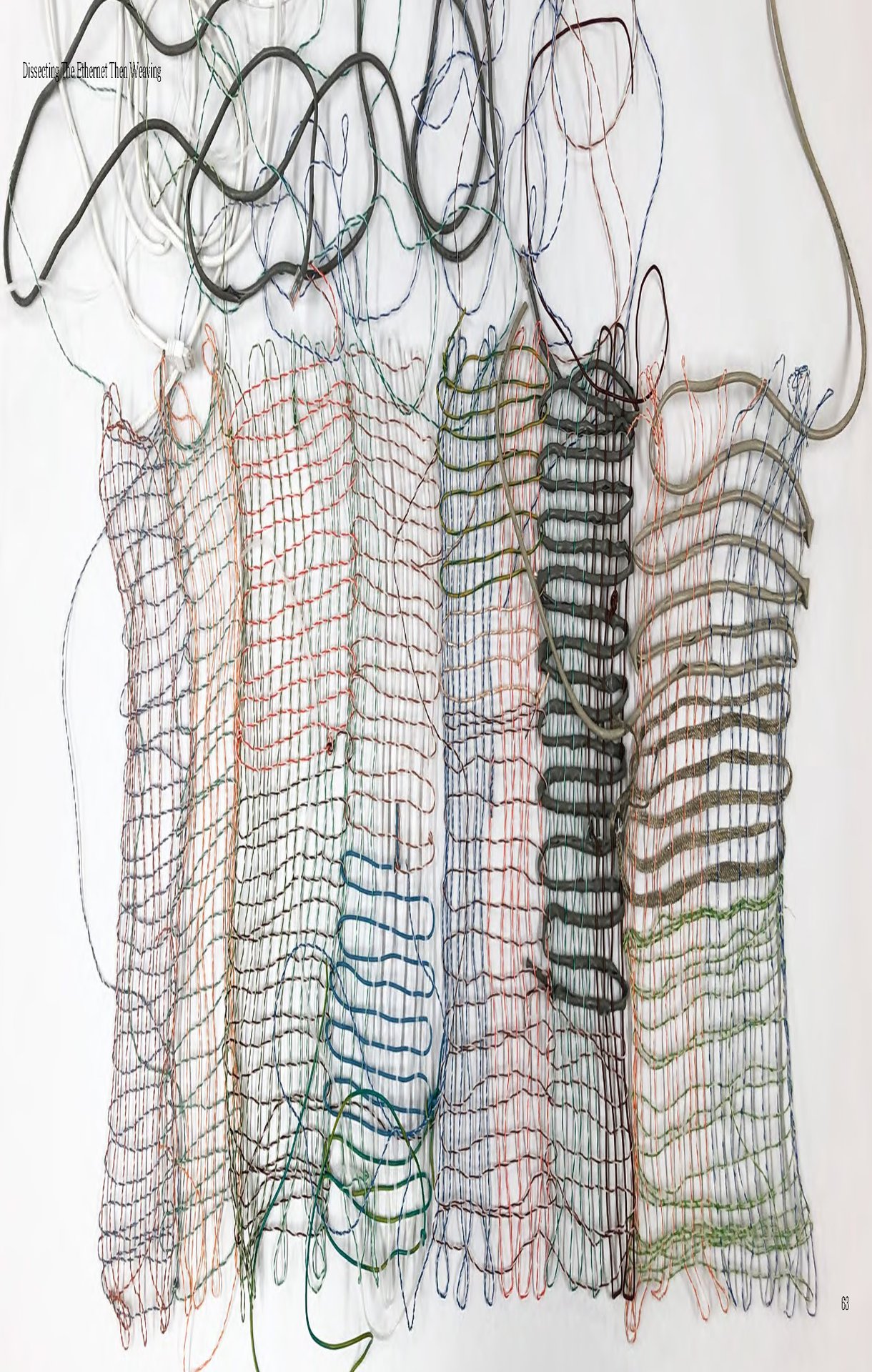Sustainability and Social Responsibility are not just important to fashion’s future, they are essential to it.
Enter the THREADS Sustainability and Social Responsibility Protocol – Principles for effective policymaking concerning the fashion industry.
On Monday, the American Apparel & Footwear Association, the Accessories Council, the Council of Fashion Designers of America, and the Responsible Business Coalition jointly released the THREADS protocol, which was developed on behalf of thousands of brands and organizations. Its goal is to assist policymakers in ensuring their best intentions result in implementable and successful solutions to advance sustainability and social responsibility in the fashion industry.
View the protocol here.
At its core, proposed regulation or legislation should be: Transparently Developed & Enforce; Harmonized Across Jurisdictions & Industries; Realistic Timelines; Enforceable; Adjustable; Designed for Success, and Science-Based.
These tenets will enable policymakers to develop practical, workable, and effective regulatory proposals.
The protocol makes the point that precision and science-based goals are instrumental in efforts to meaningfully address social and sustainability challenges, and that the groups’ members are committed to working pre-competitively to achieve the highest ethical, sustainable, and responsible standards across global supply chains and production practices.
Policymakers’ interest in addressing concerns regarding worker rights, environmental sustainability, chemical management, and human rights matters in global supply chains is a welcome partnership. The involvement of local and national governments, as well as supranational bodies and international organizations, has the potential to build on industry initiatives related to key concerns, establish achievable benchmarks, and catalyze widespread progress.
As stated in the protocol, “Policy proposals must account for the work industry, stakeholders, and governments at every level will need to undertake to achieve the desired outcomes if they are to be effective. Enthusiasm for a desired outcome is not enough. Poorly designed policies divert resources away from successful or promising industry initiatives and instead create barriers to real progress on environmental and social issues affecting the industry.”
Pictured: An unrelated image from Korean American multidisciplinary artist and award-winning designer Stephanie J Kim.



